Home>Garden Essentials>How Long Until Begonia Germinate
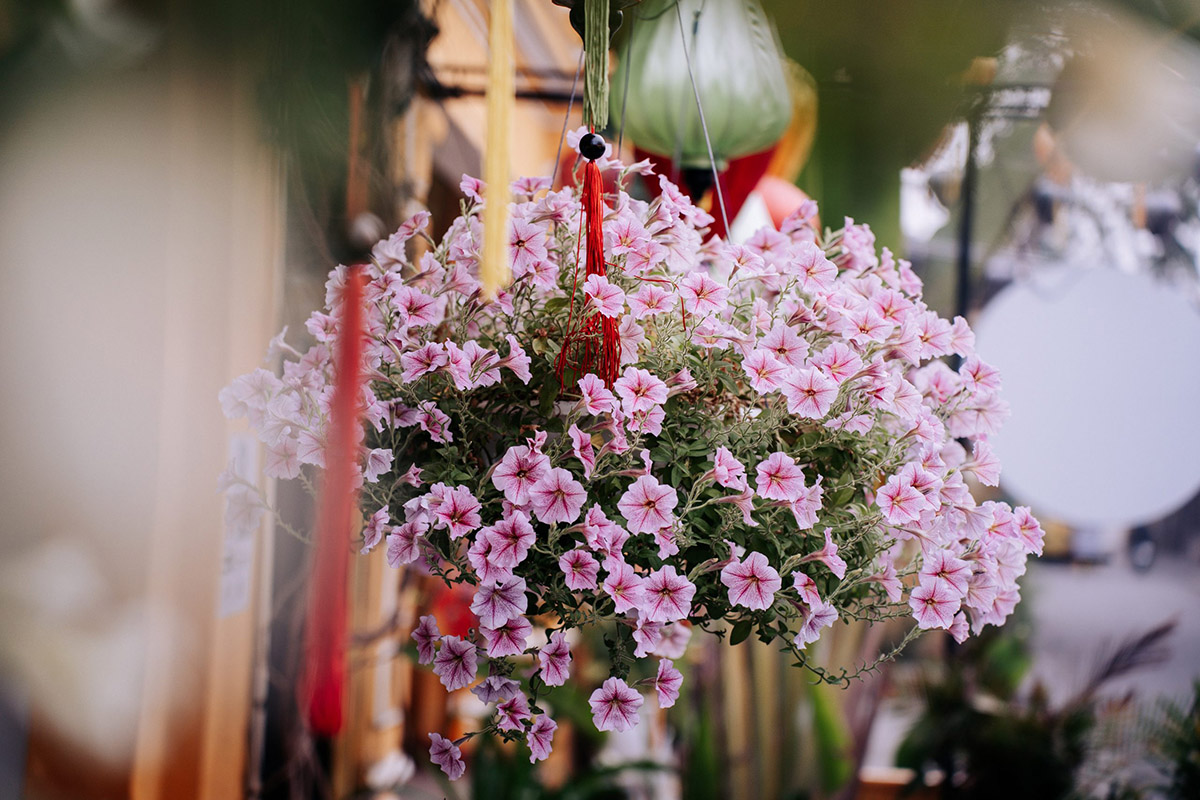

Garden Essentials
How Long Until Begonia Germinate
Modified: September 1, 2024
"Learn how long it takes for begonia seeds to germinate in your garden. Find out the germination time for begonias and start planning your garden today!"
(Many of the links in this article redirect to a specific reviewed product. Your purchase of these products through affiliate links helps to generate commission for Storables.com, at no extra cost. Learn more)
Introduction
Welcome to the wonderful world of begonias! These beautiful flowering plants are a popular choice among garden enthusiasts due to their vibrant colors and unique foliage. Growing begonias from seeds allows you to witness the entire lifecycle of these stunning plants, starting from germination. But how long does it take for begonias to germinate?
In this article, we will explore the germination process of begonias and the factors that can affect their growth. We will also discuss average germination times, methods to speed up germination, preferred germination conditions, and common issues that may arise during this stage. By the end of this article, you will have a clear understanding of how to successfully germinate begonias and enjoy the beauty they bring to your garden.
So, let’s dive in and explore the fascinating world of begonia germination!
Key Takeaways:
- Begonia seeds typically take 10-20 days to germinate. Providing warm temperatures, indirect light, and balanced moisture levels can help speed up the process.
- Techniques like pre-soaking, scarification, and using a seedling germination mix can expedite begonia germination. Patience and troubleshooting common issues are essential for successful growth.
Read more: How Long Until Basil Germinate
Factors Affecting Begonia Germination
Several factors can affect the germination of begonia seeds. Understanding these factors is crucial for optimizing the germination process and ensuring successful growth of your begonias. Here are the key factors to consider:
- Temperature: Begonias thrive in warm temperatures, with an optimal range between 70-75°F (21-24°C). Lower temperatures can delay germination, while higher temperatures can inhibit it. It is important to maintain a consistent and favorable temperature throughout the germination period.
- Moisture: Adequate moisture is essential for begonia seeds to germinate. However, excessive moisture can cause the seeds to rot. It is important to strike a balance by providing moist but well-drained soil. Regularly check the soil moisture levels and avoid overwatering.
- Light: Light plays a crucial role in begonia germination. Begonia seeds require light to germinate, so it is important to provide them with indirect or filtered light during the germination process. Avoid placing them in direct sunlight, as this can lead to overheating and drying out of the seeds.
- Seed Quality: The quality of the begonia seeds can also impact germination success. It is recommended to obtain fresh, high-quality seeds from a reputable source. Older or improperly stored seeds may have reduced viability and lower germination rates.
- Seed Depth: The depth at which the begonia seeds are planted can affect germination. As a general rule, sow the seeds at a depth of about 1/8 to 1/4 inch (3-6 mm) in well-draining, sterile seed-starting mix. Planting them too deep can hinder germination and emergence of the seedlings.
By taking these factors into consideration, you can create optimal conditions for begonia germination and improve your chances of successful growth. Let’s now explore the average germination time for begonias to better understand what to expect.
Average Germination Time for Begonias
The germination time for begonias can vary depending on the cultivar and the conditions provided. On average, begonia seeds typically take around 10 to 20 days to germinate. However, some varieties may germinate sooner, while others may take longer. It’s important to note that begonias are generally considered to have a longer germination period compared to other plant species.
During this time, it’s important to maintain consistent moisture levels and provide adequate warmth for the seeds. Keep in mind that the germination process can be slower in cooler temperatures, so adjusting the environment accordingly can help speed up germination.
It’s also worth noting that begonias are photoblastic, meaning they require light for germination. While they do not necessarily need direct sunlight, providing indirect or filtered light is essential to stimulate germination. Placing the seeds in a bright location with diffused light will help promote successful germination.
It’s important to regularly monitor the progress of your begonia seeds during the germination period. Be patient and maintain the appropriate conditions, making any necessary adjustments along the way. Remember that each variety may have slightly different germination requirements, so consult the specific instructions provided with your seeds or consult with a local gardening expert for more precise guidelines.
Now that we have an idea of the average germination time for begonias, let’s explore some methods to speed up the germination process.
Methods to Speed up Begonia Germination
If you’re eager to see your begonia seeds sprout, there are a few methods you can try to speed up the germination process. Here are some techniques to help expedite begonia germination:
- Pre-soaking: Soaking begonia seeds in lukewarm water for 24 hours before sowing can help kickstart the germination process. This softens the seed coat and promotes faster water absorption, leading to quicker germination. Make sure to drain the water and rinse the seeds before planting.
- Scarification: Some begonia seeds have hard seed coats that can inhibit germination. Scarification is the process of gently scratching or nicking the seed coat to promote water penetration. You can carefully use a fine grit sandpaper or nick the seed coat with a sharp knife. Be cautious not to damage the embryo inside.
- Bottom Heat: Providing bottom heat can significantly accelerate begonia germination. You can use a seedling heat mat or place the seed tray on top of a warm surface, such as a refrigerator or a heating pad set on the lowest setting. The gentle warmth helps to stimulate rapid root growth and germination.
- Cover with Plastic: Covering the seed tray with clear plastic wrap or a humidity dome creates a greenhouse-like environment that retains moisture and warmth. This increased humidity can speed up germination by creating optimal conditions for seedling development.
- Use a Seedling Germination Mix: Using a well-draining seedling germination mix specifically designed for starting seeds can promote faster germination. These mixes provide a light and airy medium that facilitates root development and helps prevent issues such as damping-off disease.
When employing these methods, it’s important to strike a balance and not go overboard. Avoid excessive moisture and prolonged exposure to bottom heat, as this can lead to fungal growth or damage the delicate sprouts. Regular monitoring and adjustment of the conditions are key to successful and healthy begonia germination.
Now that we’ve explored ways to speed up begonia germination, let’s delve into the preferred germination conditions for these beautiful plants.
Begonia seeds can take 2-3 weeks to germinate. Keep the soil consistently moist and provide warmth to speed up the process.
Preferred Germination Conditions for Begonias
Begonias have specific preferences when it comes to germination conditions. By providing these ideal conditions, you can maximize the germination success rate of your begonia seeds. Here are the preferred germination conditions for begonias:
- Temperature: Begonias thrive in warm temperatures. Maintain a consistent temperature in the range of 70-75°F (21-24°C) during the germination process. Using a heating mat or placing the seed tray in a warm area can help create the desired temperature.
- Light: Begonias are photoblastic, meaning they require light for germination. However, direct sunlight can be too intense for the delicate seedlings. Provide indirect or filtered light to stimulate germination. Placing the seed tray in an area with bright, diffused light is ideal.
- Moisture: Begonia seeds require consistent moisture to germinate. Use a well-draining seed-starting mix to prevent waterlogged conditions. Keep the soil moist but not overly wet. Regularly check the moisture levels and water as needed to maintain the right balance.
- Humidity: Begonias appreciate slightly higher humidity levels during germination. You can create a humid environment by covering the seed tray with clear plastic wrap or using a humidity dome. This helps retain moisture and ensures optimal conditions for germination.
- Air Circulation: While maintaining humidity is important, it’s also crucial to provide adequate air circulation to prevent fungal growth. Good air movement helps prevent issues like damping-off disease. Avoid overcrowding the seedlings and ensure proper ventilation throughout the germination period.
- Patience: Begonia germination can sometimes take a bit longer compared to other plant varieties. It’s important to be patient and give the seeds the time they need to sprout. Avoid the temptation to overwater or disturb the seeds excessively during this period as it may hinder germination.
By creating these preferred germination conditions, you are setting the stage for healthy and successful begonia seed germination. Remember to monitor the conditions and make any necessary adjustments to ensure the best possible outcome.
Now that we know the ideal germination conditions for begonias, let’s address some common issues that may arise during the germination process.
Read more: How Long Until Purple Mangosteens Germinate
Common Issues and Troubleshooting
While germinating begonia seeds can be an exciting process, it’s not without its challenges. Here are some common issues that may arise during begonia germination and troubleshooting tips to help you overcome them:
- Poor Germination Rate: If you notice a low germination rate, it could be due to factors such as old or low-quality seeds, improper storage, or unfavorable germination conditions. To improve the germination rate, ensure you are using fresh, high-quality seeds from a reputable source. Create the preferred germination conditions we discussed earlier, including the right temperature, light, moisture, and humidity levels.
- Damping-Off Disease: Damping-off is a fungal disease that can affect young seedlings. It causes the stems to become weak and collapse at the soil line. To prevent damping-off, avoid overwatering and overcrowding the seedlings. Use a well-draining seedling mix and provide good air circulation. If damping-off occurs, remove the affected seedlings immediately and adjust the moisture levels as needed.
- Seedling Legginess: If your begonia seedlings appear tall and spindly, they may be experiencing legginess. This occurs due to insufficient light levels. To promote sturdier growth, provide more indirect light or adjust the light source closer to the seedlings. Avoid overcrowding to allow for proper air circulation.
- Seed Coat Sticking: Sometimes, the seed coat may stick to the emerging seedling, impeding its growth. If this happens, gently moisten the seed coat with water to help loosen it. Be careful not to damage the delicate sprout while removing the seed coat.
- Poor Seedling Growth: If your begonia seedlings are not growing well, it could be due to inadequate nutrition. After the first few leaves appear, you can start lightly fertilizing with a diluted balanced fertilizer to provide essential nutrients for healthy growth. Follow the manufacturer’s instructions for proper application.
By troubleshooting these common issues and taking the necessary steps to rectify them, you can ensure a successful begonia germination process and promote robust seedling growth.
Now that we have addressed the common issues, it’s time to wrap up this article.
Conclusion
Growing begonias from seeds can be a rewarding and fascinating endeavor. Understanding the factors that affect begonia germination, the average germination time, methods to speed up the process, and the preferred germination conditions are key to successful growth. By providing the right environment, you can increase the chances of a high germination rate and healthy seedling development.
Factors such as temperature, moisture, light, and seed quality play crucial roles in begonia germination. It’s important to maintain a warm and consistent temperature, provide adequate moisture without overwatering, offer indirect or filtered light, and use fresh, high-quality seeds for optimal results.
To speed up the germination process, you can try methods like pre-soaking, scarification, bottom heat, covering with plastic, and using a seedling germination mix. These techniques can help expedite sprouting and promote faster root development.
Creating the preferred germination conditions, including the right temperature, light, moisture, humidity, and air circulation, is essential for successful begonia germination. By being patient, monitoring the progress, and troubleshooting common issues like damping-off or legginess, you can overcome challenges and nurture healthy seedlings.
As with any gardening endeavor, experimenting, learning, and adapting to the specific needs of your begonias will result in the best outcomes. With time and care, you will witness the beautiful transformation of begonia seeds into stunning plants that add color and charm to your garden or indoor space.
So, embrace the journey of begonia germination, and enjoy the process of nurturing and witnessing the growth of these captivating plants. Happy gardening!
Frequently Asked Questions about How Long Until Begonia Germinate
Was this page helpful?
At Storables.com, we guarantee accurate and reliable information. Our content, validated by Expert Board Contributors, is crafted following stringent Editorial Policies. We're committed to providing you with well-researched, expert-backed insights for all your informational needs.
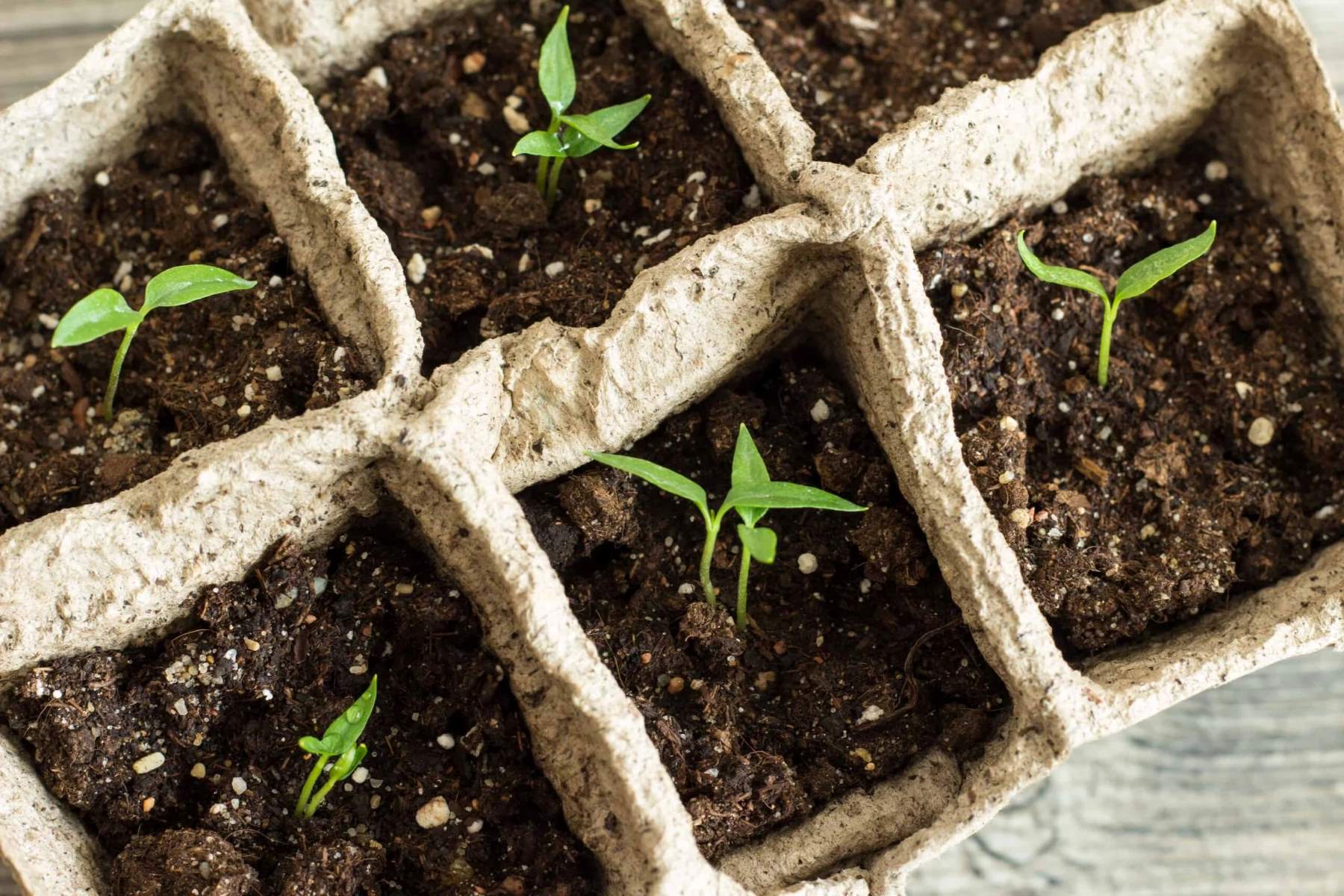
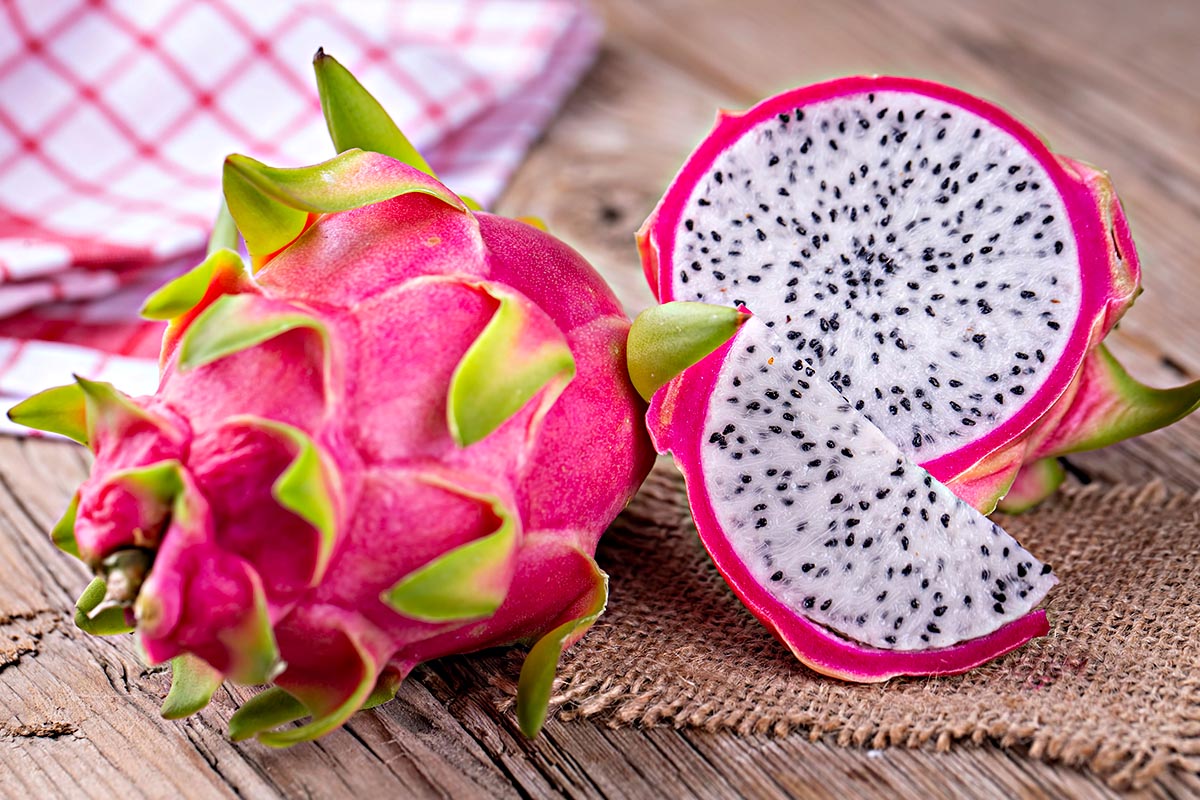
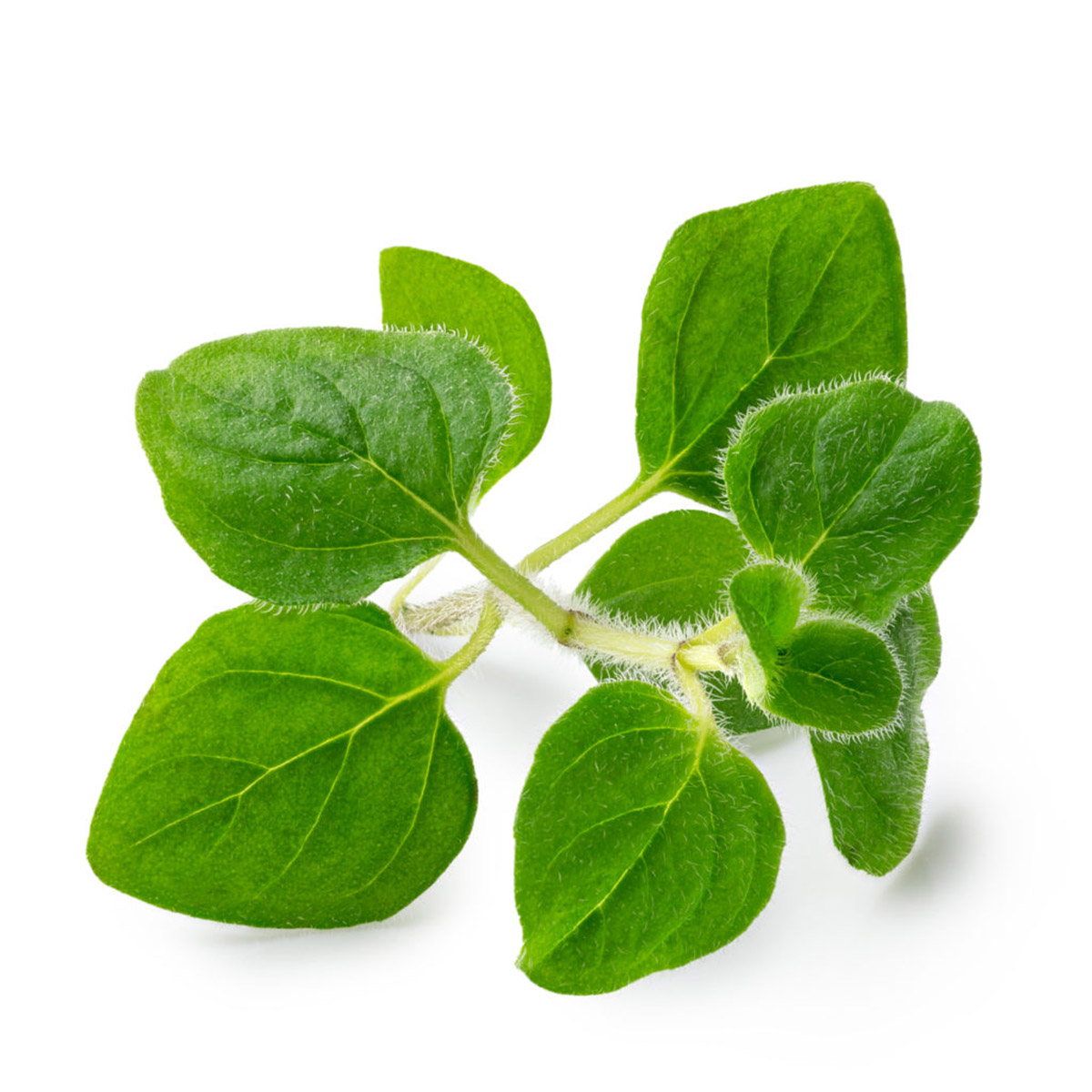
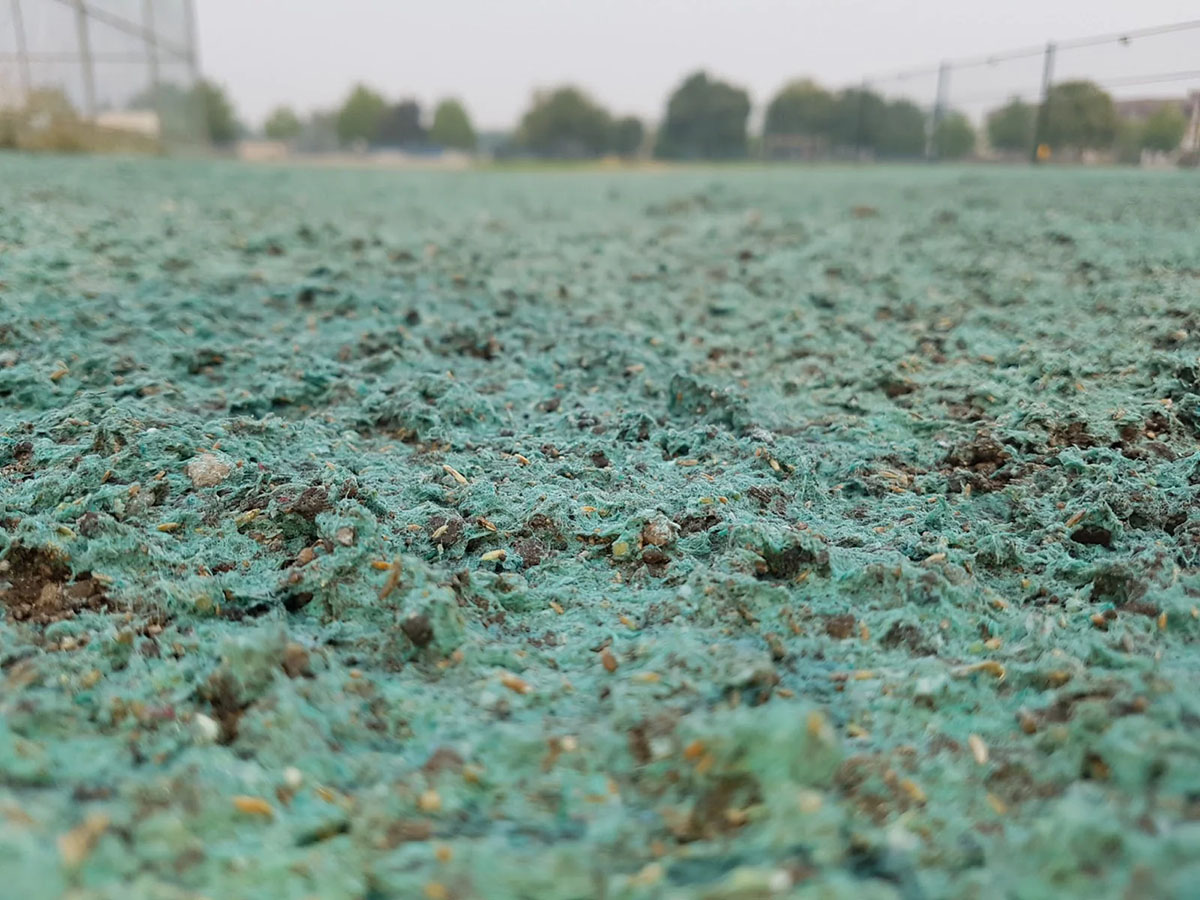
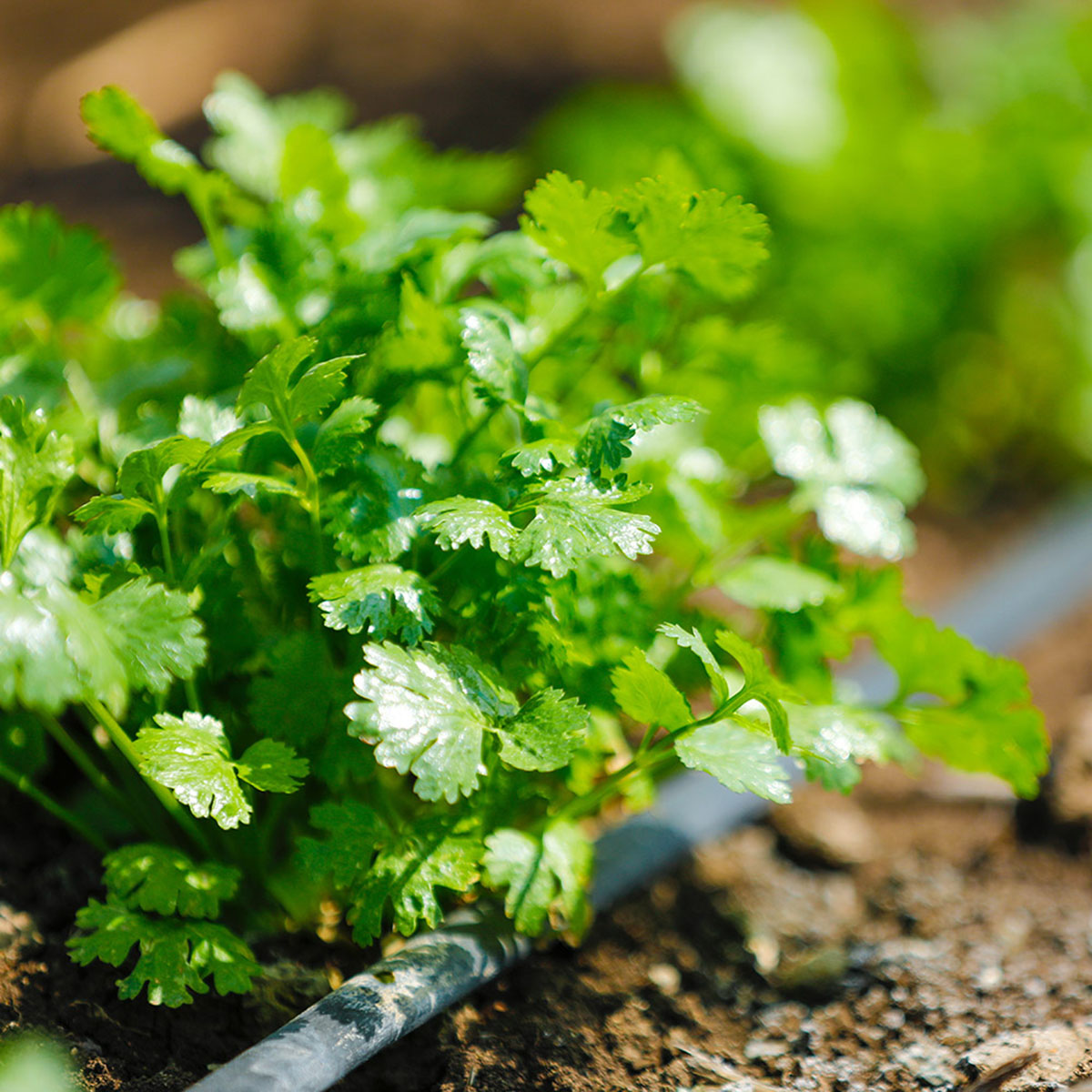
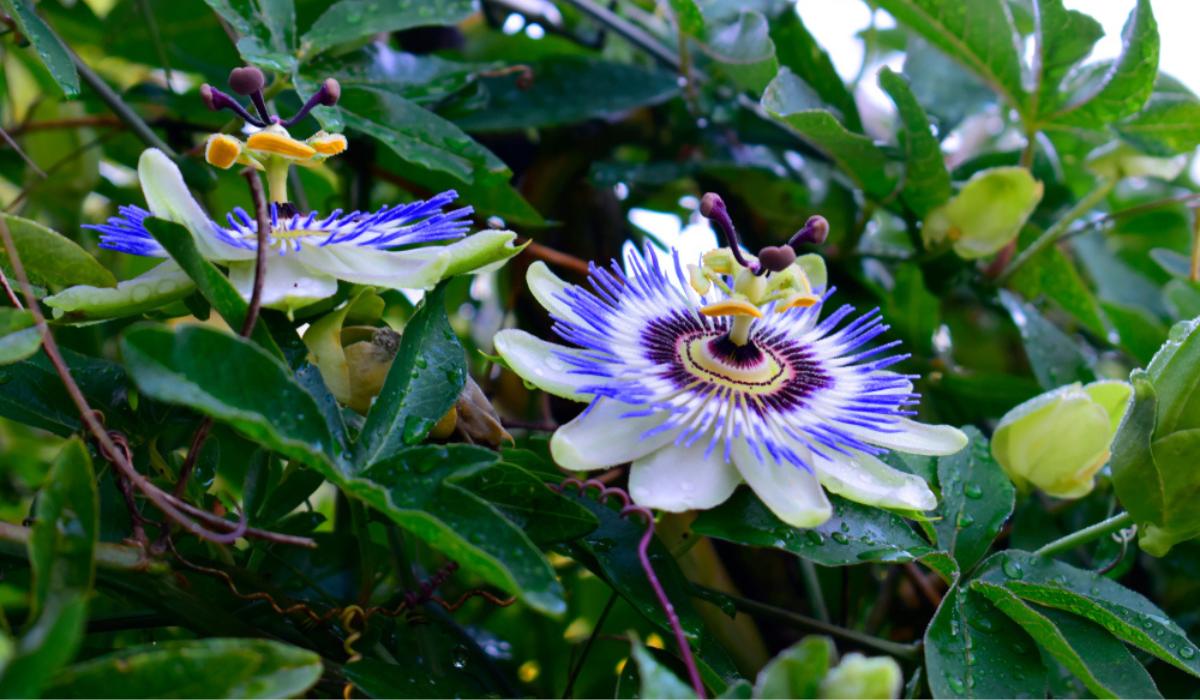
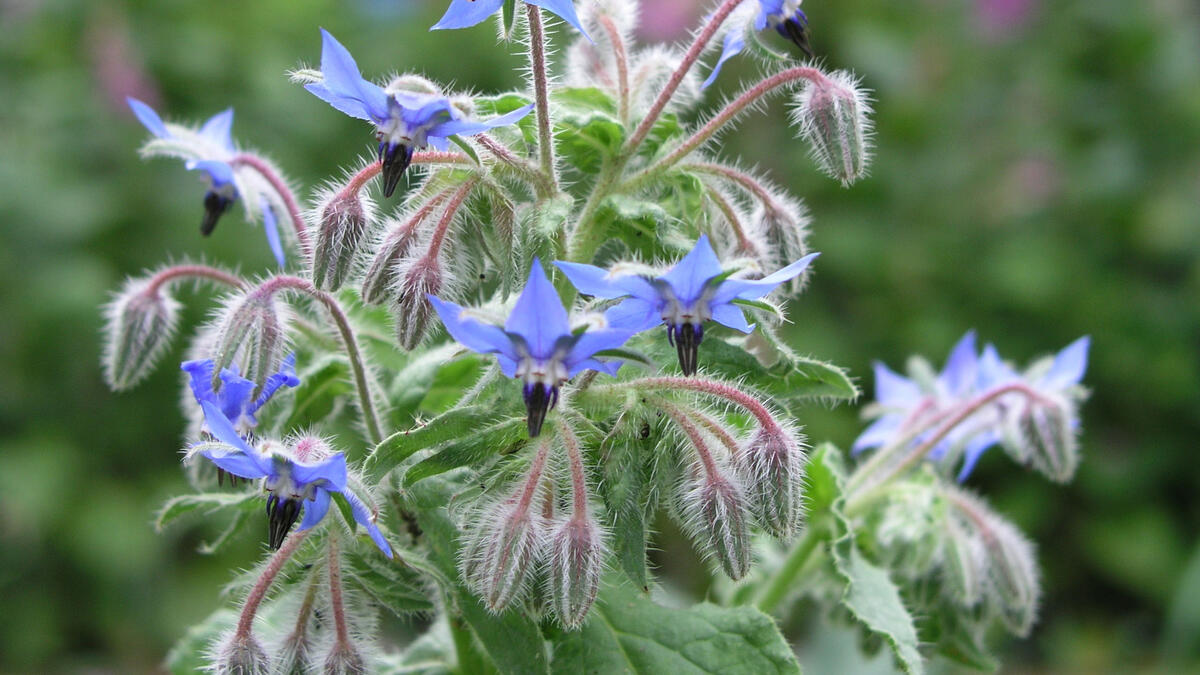
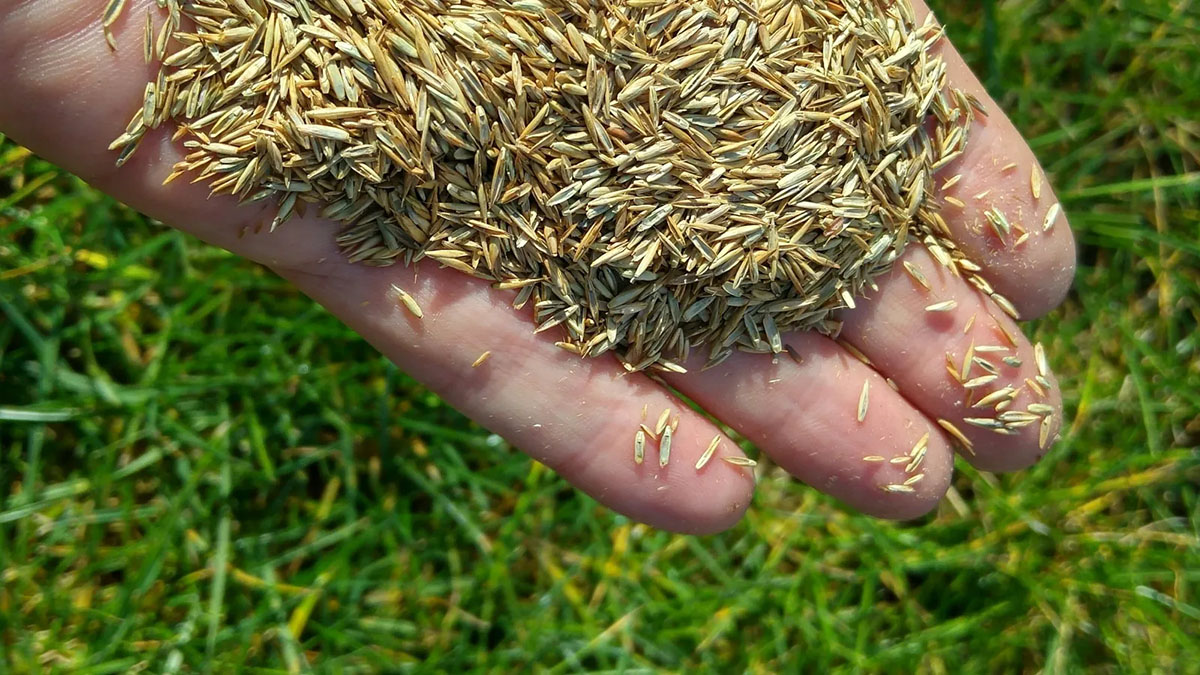
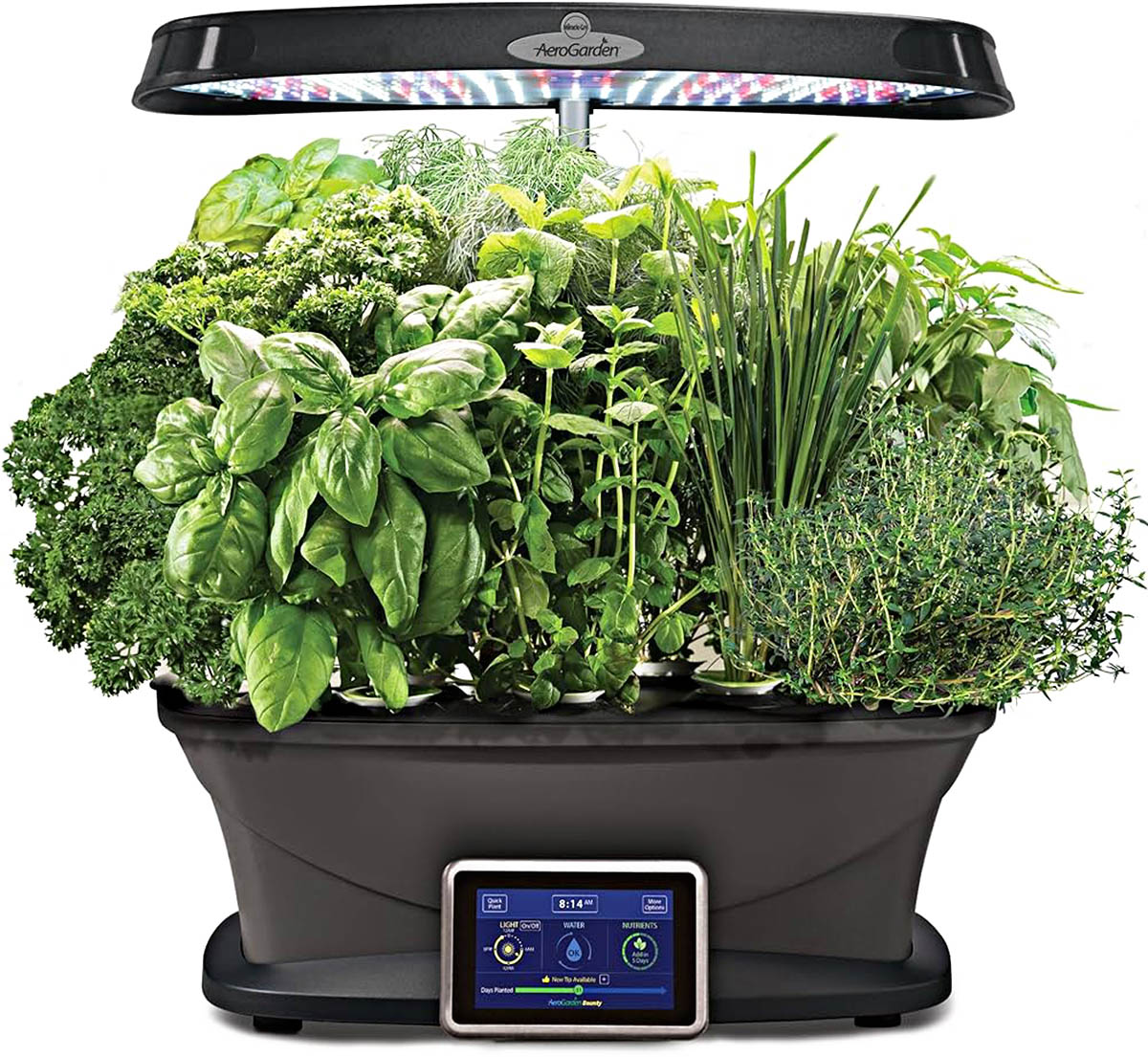


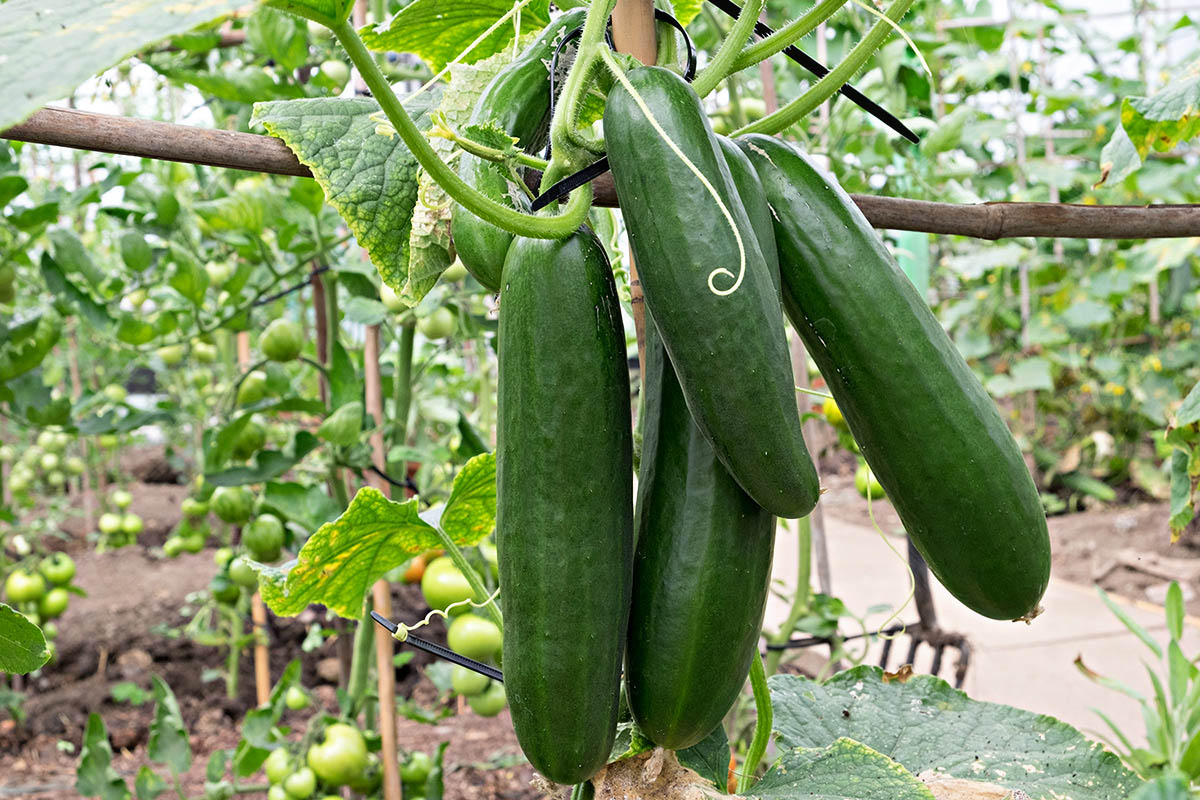
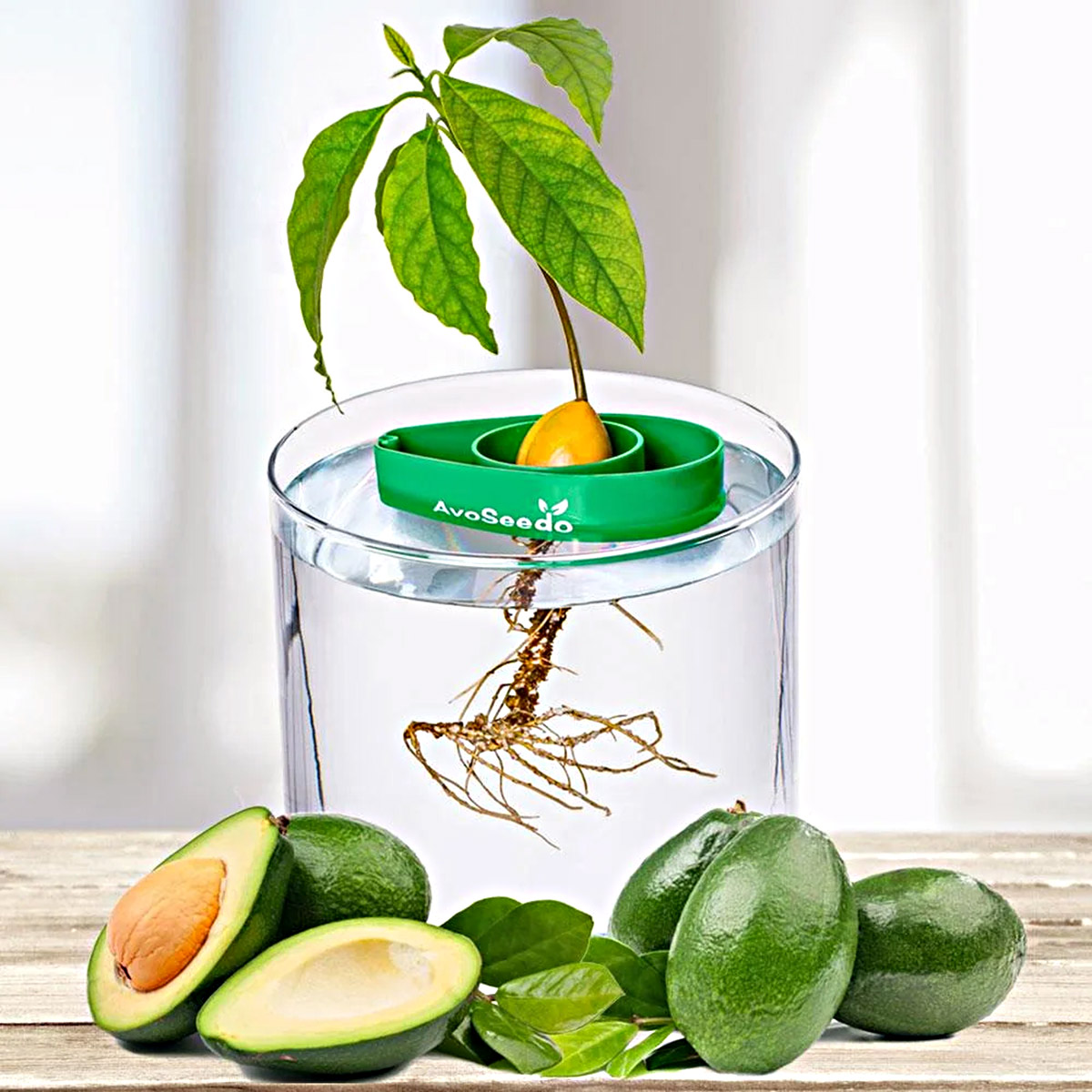
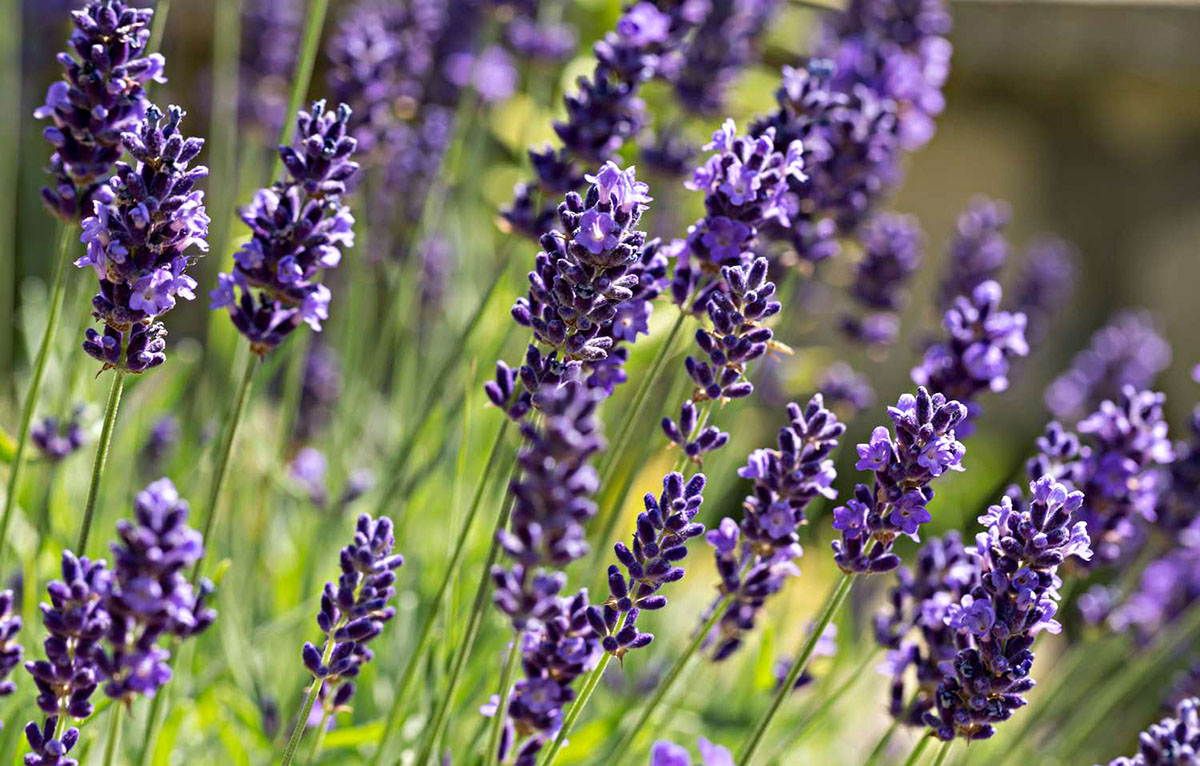

0 thoughts on “How Long Until Begonia Germinate”